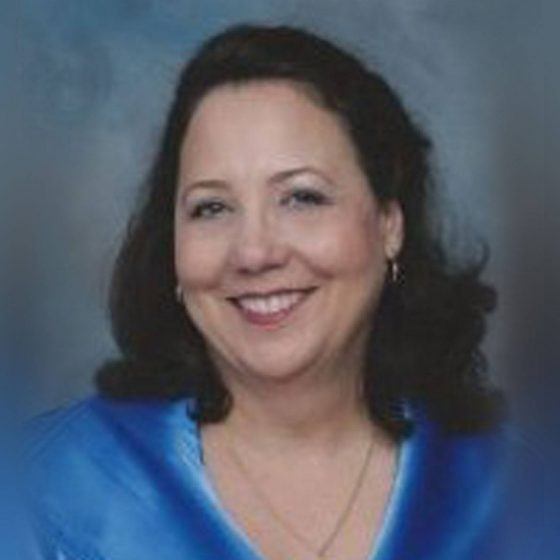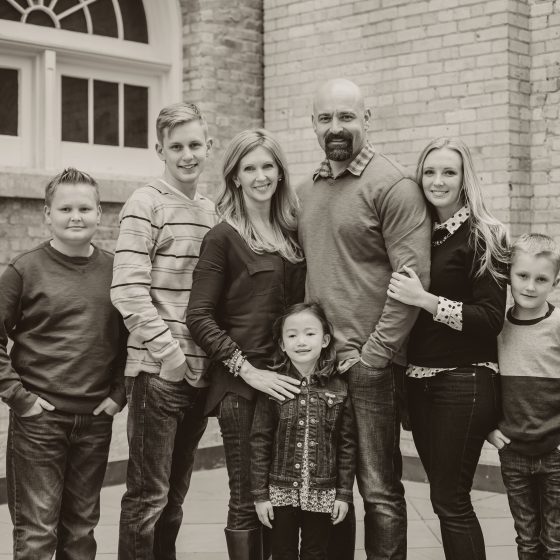Nolan Auerbach & White are experienced Pharmaceutical Fraud Attorneys helping courageous whistleblowers.
No single component of the healthcare system has grown more rapidly or is more extensively utilized than the prescription drug benefit. In 2011, the U.S. utilized 4.02 billion prescriptions at a cost of $320 billion. This works out to 13 prescriptions utilized and over $1,000 spent on prescription drugs per year for every American citizen. America’s physician practitioners, whose ongoing educational time is at a premium, place extraordinary reliance upon the representations of pharmaceutical salespersons (Dr. Jerry Avorn at Harvard Medical School, who has published extensively on this problem, estimates that 80% of U.S. practitioners receive the majority of their pharmaceutical updates from proprietary sales forces from the industry). Responsible physicians also place extensive reliance upon peer-reviewed and adjudicated research, as well as the watch-dog fiduciary role of the FDA.
The Law
The federal Food Drug and Cosmetic Act (“FDCA”), provides a systematic scheme for the approval of new drugs and new drug formulations intended to be marketed for use in interstate commerce. Under the FDCA, a new drug product cannot be marketed unless the FDA approves the product and determines that it is safe and effective for its intended use. When the FDA approves a drug, it approves the drug only for the particular use for which it was tested, but after the drug is approved for a particular use, the FDCA does not regulate how the drug may be prescribed. Thus, a drug that has been tested and approved for one use only can also be prescribed by a physician for another use, known as “off-label.”
Though physicians may prescribe drugs for off-label usage known as off-label marketing, the FDA prohibits drug manufacturers from marketing or promoting a drug for a use that the FDA has not approved. A manufacturer illegally “misbrands” a drug if the drug’s labeling includes information about its unapproved uses. A drug is deemed misbranded unless its labeling bears adequate directions for use. The courts have agreed with the FDA that the FDCA requires information not only on how a product is to be used (e.g. dosage and administration), but also on all the intended uses of the product. Oral statements and materials presented at industry-support scientific and educational activities may provide evidence of a product’s intended use. If these statements or materials promote a use that is inconsistent with the product’s approved labeling, the product is misbranded under the FDCA for failure to bear labeling with adequate directions for all intended uses.
The Typical Story
One typical off-label story goes like this … In anticipation of achieving FDA approval, or shortly thereafter, the marketing arm of a manufacturer forms and implements a scheme to increase the sales of drug X while avoiding the substantial expense and delay of research and filing an original or supplemental New Drug Application (NDA) with the FDA for approval of expanded, or additional uses of its drug. This scheme is carried out by employing, among other things:
a. the illegal direct solicitation of physicians for off-label uses;
b. the making of false statements to physicians and concerning the efficacy of the drug for off-label uses.
c. illegal kickbacks to physicians in order to induce them to prescribe large amounts of the drug for “off-label” purposes.
Indeed, sales representatives are instructed and trained how to make claims concerning the safety and efficacy of the drug for one or more off-label uses. Some drugs have been promoted for pediatric populations although they have not been FDA approved in children.
Study Details Common Pharma Marketing Fraud Schemes
A recent study of whistleblower cases from 1996 to 2010 has detailed the various ways in which some pharmaceutical companies fraudulently market their drugs via “Off Label Marketing”.
The study reviewed 41 cases that alleged off-label marketing and found the most common practice of fraud was to market the drugs as having benefits that were not approved by the FDA. The study cited examples where drugs were either marketed as having a broader effect than what was approved, or were claimed to have results for different diseases all together. Other practices include marketing different dosing strategies and the expansion to unapproved indications.
The methods used to market these drugs off of the approved label varies greatly, but the most common practice is to market directly to the prescriber. Drug marketers will use a variety of tactics to convince doctors that their drug is safe for other uses. This is accomplished mostly through the use of misrepresented data, or scientific studies that have errors in their methods. Of the most egregious methods are those that involve some sort of kickback. Whether it is in the form of direct financial gain or lavish gifts, some drug manufacturers are willing to let dollars convince doctors rather than the merits of the drug, all in violation of the False Claims Act.
As in our qui tam cases, over 90% of the whistleblowers in the above-referenced study, were individuals directly involved with the marketing of the drugs. Sales reps and their managers were the people on the inside who had evidence and knowledge of the fraud. Over the time period examined in the study, over $7 billion had been recovered in settlements.


